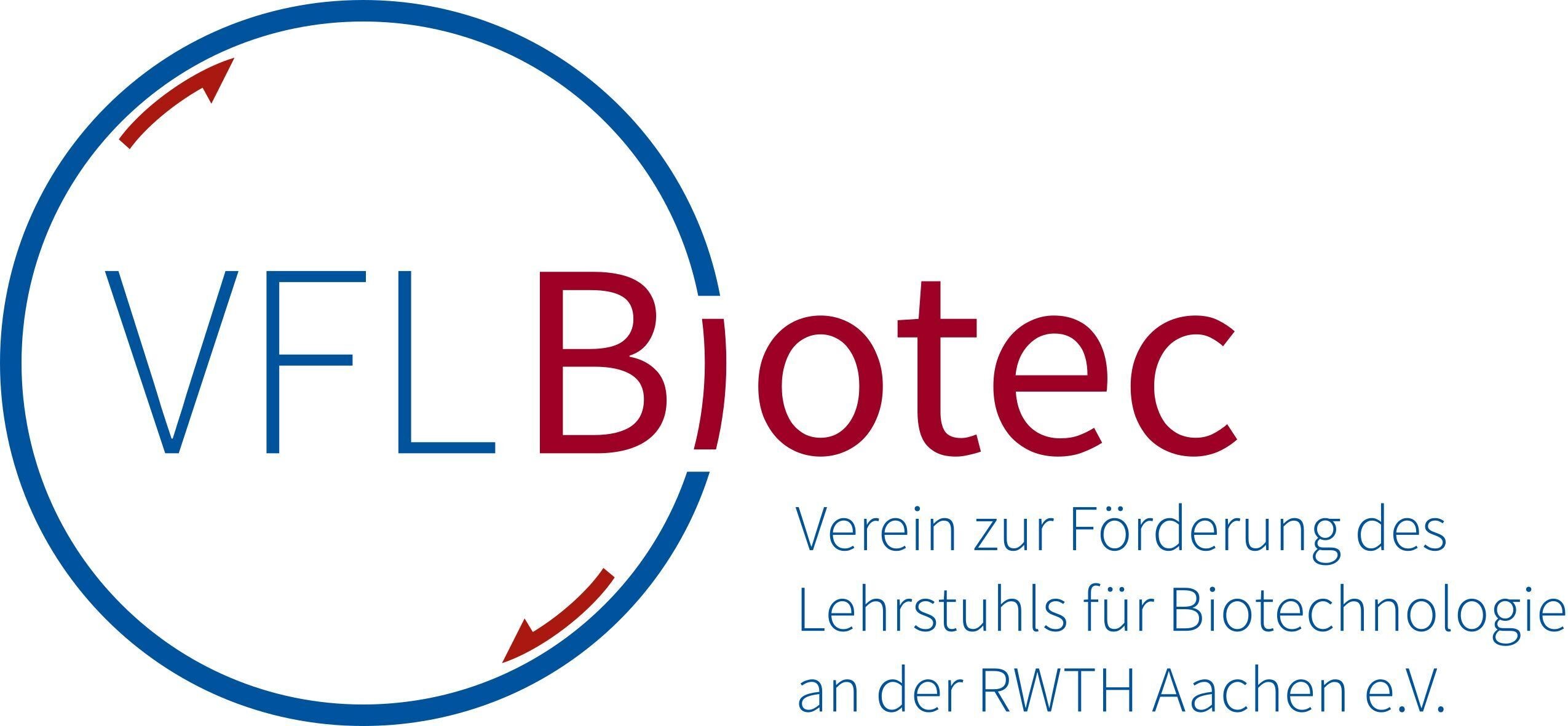Aachen Protein Engineering Summer School (AcES2)
Methods, Challenges, and Applications September 4th-8th, 2023 RWTH Aachen University
The Aachen Protein Engineering Summer School brought together talented participants from Europe for an immersive learning experience.
Throughout the week, attendees had the incredible opportunity to engage with cutting-edge topics in the field, including enzyme discovery, bioinformatics, and protein engineering. They not only listened to insightful lectures but also gained hands-on experience in computational protein analysis and wet lab protein engineering experimentation. 🧬🔬
We hope that participants enjoyed their stay in Aachen, including a wonderful dinner, a captivating city tour, and the delightful taste of Aachener Printen. 🍽️🏙️ These experiences not only expanded their knowledge but also showcased the rich culture and hospitality of our beautiful city.
We can’t wait to see the innovations and breakthroughs that these brilliant minds will bring to the world in the future. 🌐💡
We want to thank Prof. Björn Usadel, Prof. Ulrich Schwaneberg, Prof. Wolfgang Streit, Daniela Herrera Toro, and Lilin Feng for their interesting lectures.
We extend our special thanks to Nicolas de la Vega Guerra and Marian Bienstein for their dedicated efforts in leading the computational training sessions. Additionally, we express our gratitude to Dr. Patrick Lenz and Anna Joelle Ruff for their invaluable support during our hands-on laboratory training.

